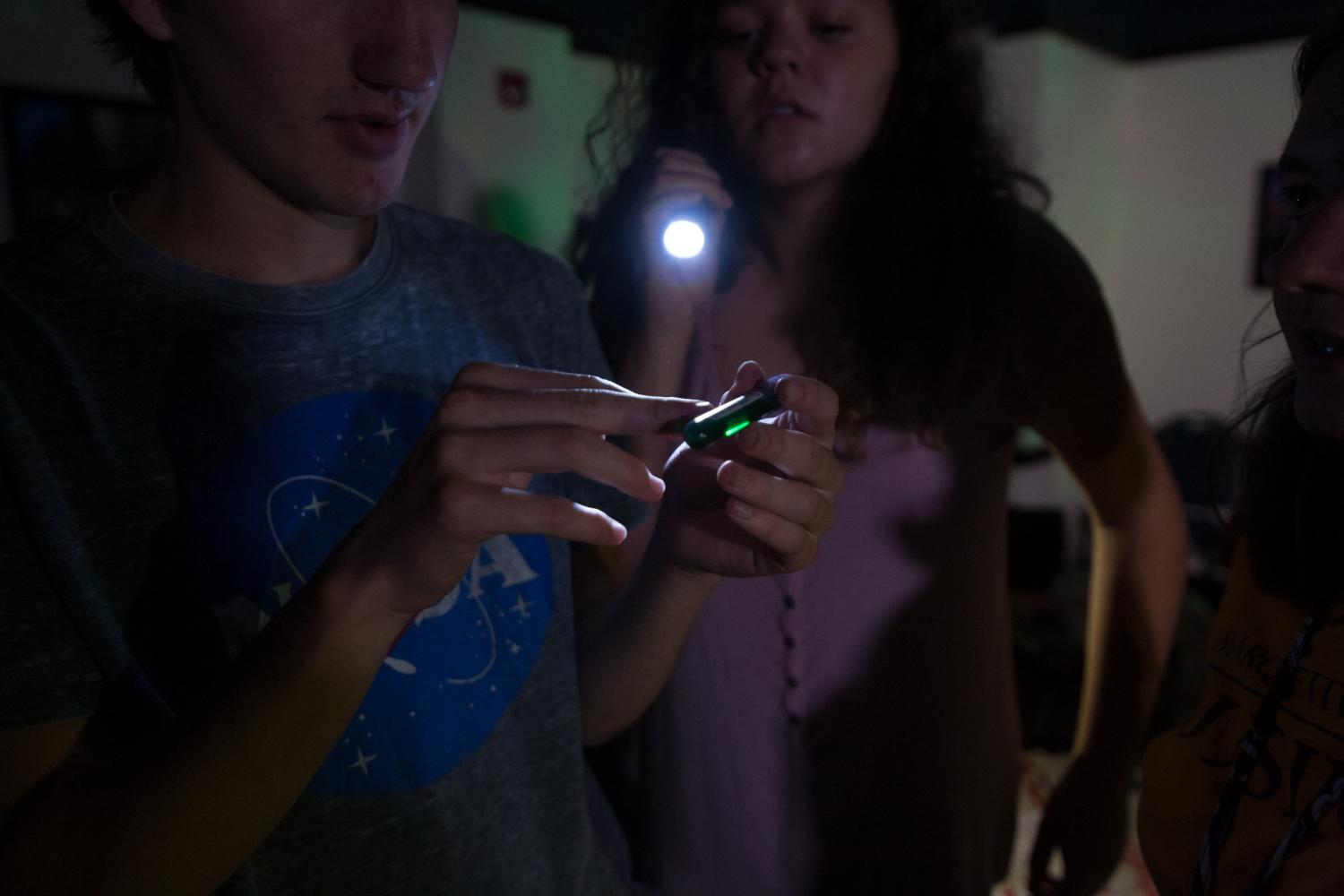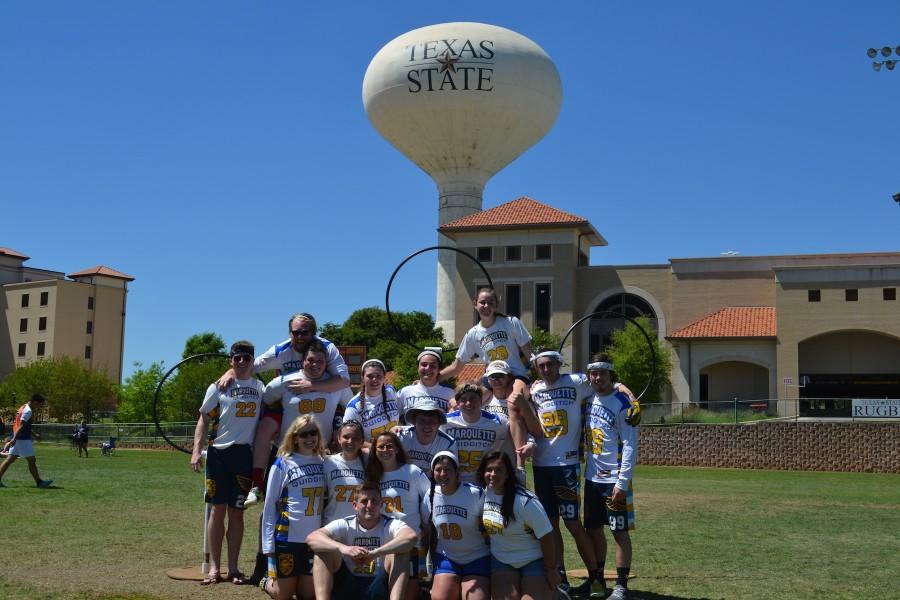
Magic has always held a special place in fiction. From Shakespeare’s inclusion of spells in “The Tempest,” to more modern series like “Harry Potter” or films such as “Frozen,” audiences have craved the Utopian escapism magic provides.
Last year, Gerry Canavan, assistant professor of English, started a course exploring texts that employ magic from both modern and classical literature. His students examine the texts using a variety of critical literary lenses. The class might examine “The Tempest” using a post-colonialist lens, for example, and “Frozen” using a feminist critical lens.
His magic and literature course, now finishing its second semester, was part of a redesign in the English department to allow students to build their own major or minor. Canavan said the inclusion of modern literature helps students become more engaged in discussion.
“If you want to talk about the major literary events of the last ten or twenty years ‘Harry Potter’ is probably more read than anything,” Canavan said. “It’s a huge literary event that got people reading.”
While children’s literature is often faced derided as inane and immature, Canavan sees it as vital to understanding culture.
“The first one (“Harry Potter and the Sorcerer’s Stone”) is fun because you get to be a wizard,” said Canavan. “By the end you’ve entered into this really kind of hopeless world where half the people are fascists and never pay any price for it and the world never changes.”
He said that using modern examples like Disney movies and the “Harry Potter” books allows students to become more invested in discussion. Canavan said that students would argue over different ways and perspectives of reading the books, particularly when discussing James Potter and Severus Snape.
“I was really interested in the students’ narrative of how they read the books,” Canavan said. “The students in the course are basically the last people who could read them as they came out … (their perspectives) are like a moment in amber.”
Hayley Bassett, a senior in the College of Arts and Sciences, said that Canavan’s magic and literature course is perhaps the best class she has taken during her time at Marquette.
“Our class discussions were so riveting that we often had to be reigned back in,” she said. “I remember the day we discussed gender in the Disney movies, and the politics behind all of them. That was another day where everyone wanted to say something.”
Canavan is teaching magic and literature this spring Tuesdays and Thursdays from 11 am to 12:15 pm. He hopes to offer it again after he returns from research leave in fall 2017.









